Bullying And Harassment At Work… Or Is It Banter?
By Natasha Smith, Senior Associate, CooperBurnett LLP
Given the recent headlines about a rise in bullying and harassment cases at work being reported, it may come as a surprise that there is no specific legal definition of, or prohibition on, bullying in the workplace. This means it is not possible for an individual to bring a standalone legal claim of bullying in an Employment Tribunal.
However, depending on the circumstances, bullying behaviours in the workplace could give rise to a number of other employment claims, such as:
- Express Breach of Contract – Is there a contractual policy which the employer has failed to follow when dealing with the allegations?
- Implied Breach of Contract – Has the employer breached its implied duty to provide a suitable and safe working environment?
- Constructive Unfair Dismissal – Does the employer’s breach of an express or implied contractual term, resulting in the employee’s resignation, amount to a fundamental breach by the employer?
- Discrimination – Could the treatment be said to amount to harassment related to a protected characteristic (i.e. age, disability, race, religion or belief, sex, sexual orientation etc) under the Equality Act 2010?
Typical bullying and harassment behaviours can range from unwelcome remarks and persistent unwarranted criticism to unwanted physical contact and shouting. Those on the receiving end of inappropriate behaviours in the workplace are more likely to experience anxiety, stress and a loss of confidence.
As well as the very damaging prospect of legal action being brought against employers, bullying and harassment is also likely to cause problems ranging from increased staff sickness absence, decreased productivity levels and spending valuable management time handling grievances. Therefore, bullying and harassment remain significant workplace issues for employers that cannot be ignored.
The recent allegations of bullying and ‘toxicity’ at ITV, following the revelation that a prominent TV presenter engaged in an inappropriate relationship at work, which senior management are said to have turned a blind eye to, led to an independent barrister being appointed to carry out a review of the work environment. Such allegations will no doubt be having a significant impact on the reputation of ITV and its PR teams will be working hard to minimise the potential negative damage being caused to its brand.
Is it banter or bullying?
One of the key difficulties faced by employers when dealing with allegations of bullying is that there is often an element of subjectivity where the member of staff being accused of bullying considers their behaviour to be banter as opposed to bullying. However, there is a very fine line and the key focus for employers investigating allegations should be on how the recipient of the behaviour perceives it, rather than how the person carrying out the behaviour viewed it.
There is mixed success in using ‘banter’ as a defence to a legal claim. Sometimes employers may successfully use ‘banter’ as a justification if it can be argued that the conduct was not unwanted (e.g. if the alleged victim also joined in), that the behaviour was not related to a protected characteristic or that the conduct did not offend the alleged victim (or could not reasonably have offended them.
However, in order to help avoid harassment or bullying complaints and claims, employers need to take steps to ensure that humour doesn’t cross the line. In certain cases, employers may be held liable for harassment that occurs outside of the workplace or working hours, for example comments made on private messaging platforms or at work related events.
Employers should therefore put in place (and follow) a robust and well-communicated policy and guidance that clearly states the organisation’s commitment to promoting dignity and respect at work.
Prevention is better than cure. Promoting a positive climate at work for everyone based on personal respect and dignity will help to prevent inappropriate behaviour starting. Organisations should send a clear message to all employees that there is zero tolerance of any type of inappropriate behaviour in the workplace. Senior leaders should also have a clear vision and demonstrate strong values that communicate what a climate of dignity and respect looks like.
If you would like us to provide you with a Bullying and Harassment Policy or wish to discuss the potential legal implications for employers dealing with such complaints, please do not hesitate to contact Natasha Smith on email: nes@cooperburnett.com or Joseph Oates on email: jmo@cooperburnett.com or tel: 01892 515022.
This blog is not intended as legal advice that can be relied upon and CooperBurnett LLP does not accept any responsibility for the accuracy of its contents.


